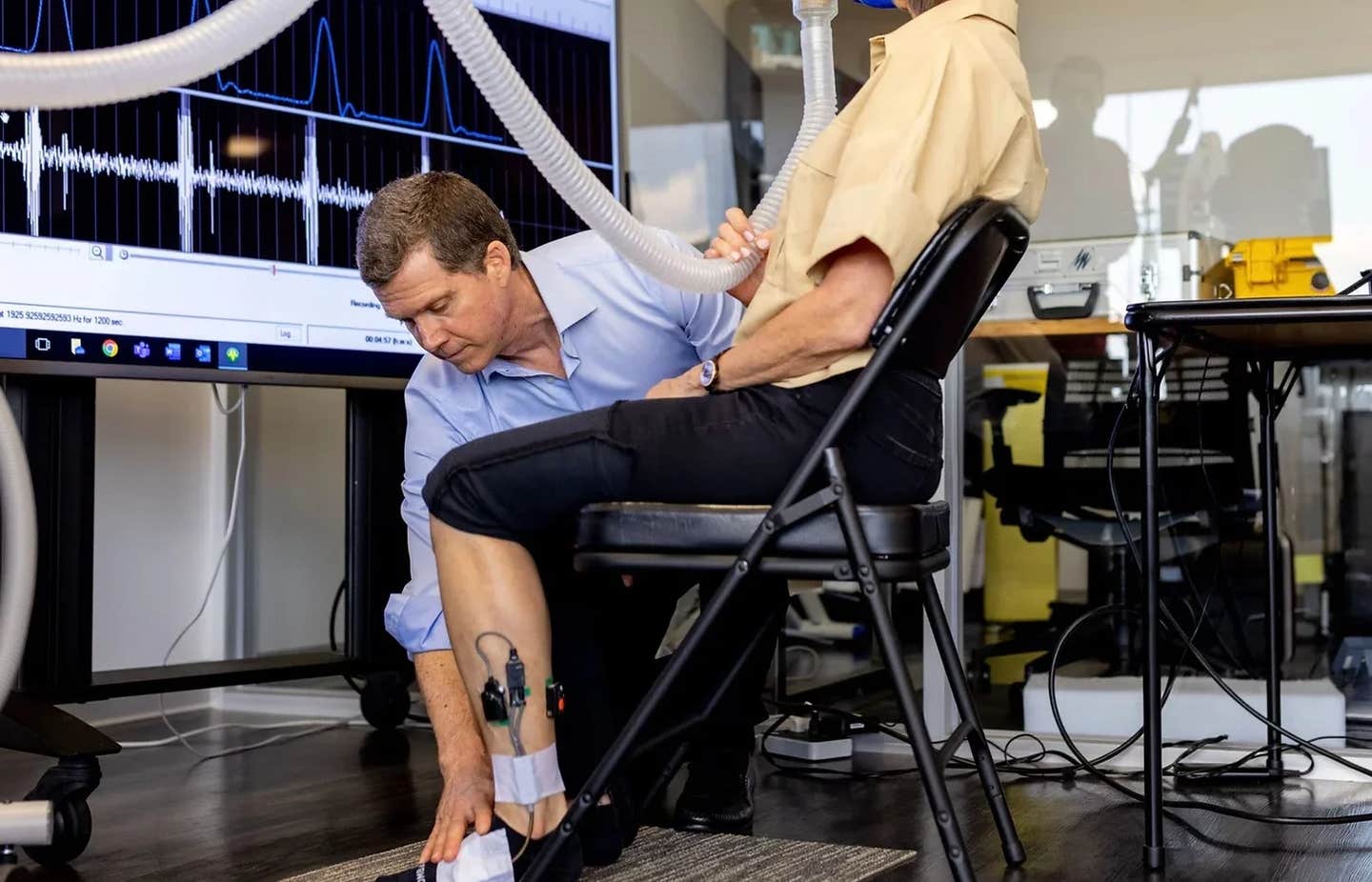Poop-sniffing dog is helping to save endangered whales
The dog was in a ruff spot, having been abandoned outside a Sacramento animal shelter, before she was adopted by Dr. Deborah Giles

[Oct. 27, 2020: Tamar Lapin]
This dog’s got a whale of a skill.
Eba, a mixed-breed rescue pooch, has been trained to sniff out whale poop as a way to help conservation biologists study the sea creatures.
The dog was in a ruff spot, having been abandoned outside a Sacramento animal shelter, before she was adopted by Dr. Deborah Giles, a killer whale researcher at the University of Washington Center for Conservation Biology.
“I had no idea when I kept her that she was going to become a conservation canine,” Giles told NBC’s TODAY.
The research center Giles works at runs a program called Conservation Canines, that rescues dogs from shelters and trains them to detect wildlife scat, aka feces.
Conservation biologists can learn a lot about the health of a whale from their scat, allowing them to gather scientific data on the wellbeing of the animals.
But researchers also have to try to keep their distance from whales in order to avoid disturbing them and causing stress..”
“That’s where the dog comes in because they can smell these things from a mile away — literally a mile away,” Giles said.
The poop-detecting pups typically have high energy levels and love to play. When Giles noticed that Eba kept shoving a ball into the hand of a colleague, trying to get him to play, she realized the pooch could be more than just a family pet.
The 30-pound dog spent several weeks last year learning to associate the scent of Southern Resident orca scat with a toy.
“By Eba’s second day on the water — July 6, 2019 — she found her first wild whale scat by herself, which was amazing,” Giles said.
There are currently only 74 Southern Resident killer whales, including two babies, and gathering data on the species’ is an important way to help inform policymakers and the public about their status, the researcher said.
Eba’s work helping biologists try to save the endangered creatures will be documented in an upcoming PBS documentary series “The Age of Nature,” narrated by Uma Thurman. It premieres next Wednesday.
This Brighter Side of News post courtesy of New York Post.
Like these kind of stories? Get The Brighter Side of News' newsletter.
Tags: #New_York_Post, #GoodNews, #Dogs_Doing_Good, #Green_News, #Sacramento, #California, #Whales
Joseph Shavit
Head Science News Writer | Communicating Innovation & Discovery
Based in Los Angeles, Joseph Shavit is an accomplished science journalist, head science news writer and co-founder at The Brighter Side of News, where he translates cutting-edge discoveries into compelling stories for a broad audience. With a strong background spanning science, business, product management, media leadership, and entrepreneurship, Joseph brings a unique perspective to science communication. His expertise allows him to uncover the intersection of technological advancements and market potential, shedding light on how groundbreaking research evolves into transformative products and industries.



